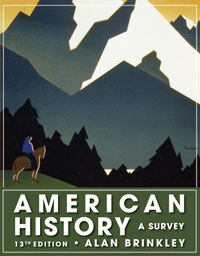1 President Cleveland 2 Platform of the Populist Party 1892 3 http://www.ourdocuments.gov/doc.php?flash=true&doc=48&page=transcript 4 http://www.ourdocuments.gov/doc.php?doc=49&page=transcript http://www.ourdocuments.gov/doc.php?doc=51 5 Forum magazine. Then in the second of his more than thirty years in the Senate, Lodge criticized President Cleveland for his failure to annex Hawaii and stated his general position on American expansionism. Consider the following questions: What motives for imperialism are reflected in Lodge's article? How would Lodge's argument fit with that of Josiah Strong and the Social Darwinists? How much of Lodge's dream became reality during his long service in the Senate?Henry Cabot Lodge 6 New York Herald Tribune . Although the Herald Tribune supported the Spanish-American War when it finally came, it constantly editorialized for peace. Staunchly Republican, the Herald Tribune supported McKinley's every move. After the de Lôme letter, the paper counseled caution. Following the explosion of the Maine, the paper downplayed calls for war. The following editorials were written about two weeks before McKinley's war message. The Herald Tribune once again called for peace and then launched a bitingly satirical attack on its "yellow" competitors, the New York World and New York Journal . After reading the editorials, consider the following questions: Were the probabilities on the side of peace in early April 1898? Did the report on the sinking of the Maine satisfy the people? Does it appear that the Herald Tribune was jealous of the circulation gains made by its competition? Were the excesses of the "yellow press" as extreme as the second editorial indicates?New York Herald Tribune 7 http://www.ourdocuments.gov/doc.php?doc=53&page=transcript 8 http://www.ourdocuments.gov/doc.php?doc=55&page=transcript





